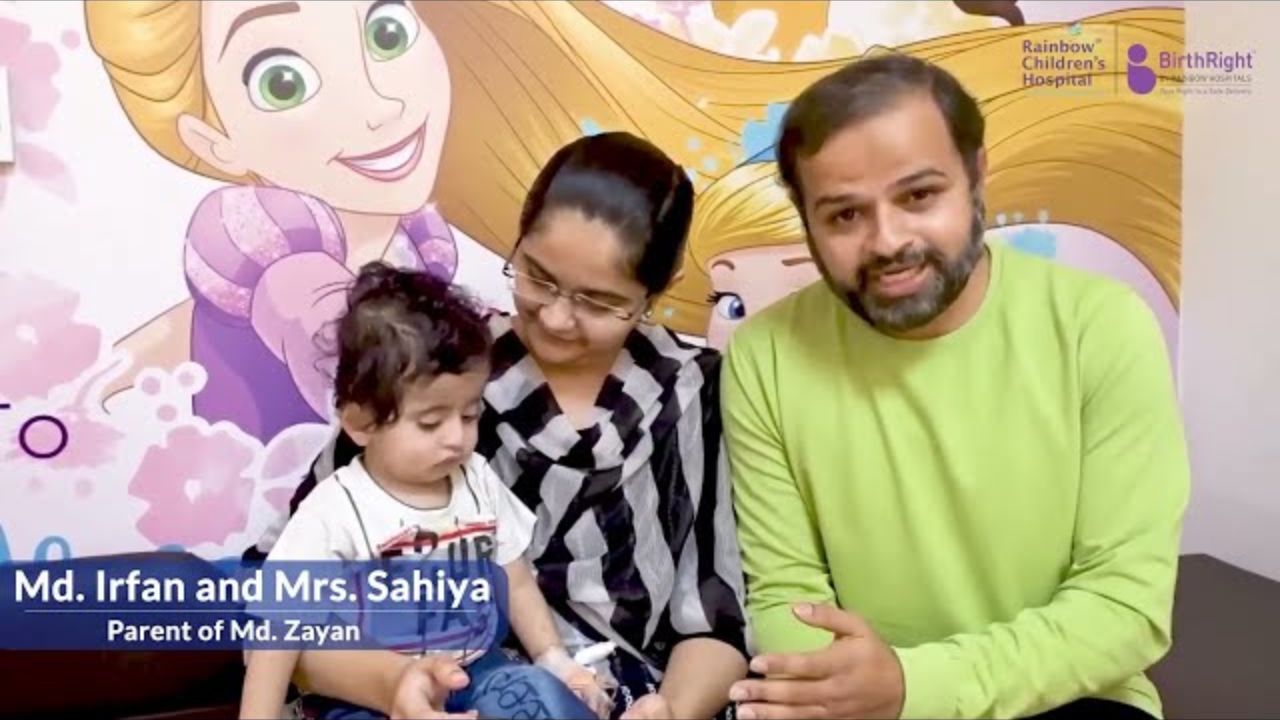All you need to know about Fetal Echocardiography, its conditions and treatmentsBy RCHI 04 Feb 2021
A Fetal Echocardiography, commonly known as an ‘Echo’, is a test to examine and check the health of your unborn baby’s heart. The test, which is similar to an ultrasound, can help doctors determine the overall function and structure of your baby’s heart and ensure that any heart problems can be detected early. The test is done during the 5th or 6th month of pregnancy, between the 18th and 24th week.
Fetal Echocardiography can help doctors find any heart defects and treat them before or just after birth. In some cases, treatment is possible before birth, in others, the treatment suggested might be implemented after birth. The test also helps doctors prepare for birth complications that may arise during the delivery of the baby. The delivery of the baby can also be scheduled depending upon the severity of the issue. Treatments work better for heart problems found early in the pregnancy.
Who needs a Fetal Echocardiography?
Medical professionals suggest that some women might need a Fetal Echocardiography based on factors such as age, previous heart conditions, genetic conditions, etc. A Fetal Echocardiography should be done in the following cases –
- If another child is born with heart conditions.
- If there is a family history of genetic heart conditions.
- There is a recent history of alcohol or drug abuse.
- Alcohol abuse or drug abuse during the pregnancy
- Abnormalities or genetic disorders are seen during other exams and fetal ultrasound.
- You are on medication that may potentially cause heart problems in the baby.
- You have other diseases such as diabetes, thyroid, phenylketonuria, or lupus.
- You have been treated for any heart problems.
- The baby was conceived through IVF or other technology-assisted reproduction.
- Your baby has an irregular heartbeat.
- You are in the advanced maternity age group.
If you match any of these conditions, you should talk to your gynecologist and get a Fetal Echocardiography. If the results are worrying, your doctor can then refer you to the best cardiothoracic surgeon in Hyderabad or visit Rainbow Children’s Heart Institute for any further treatment.
What are the risks of getting a Fetal Echocardiography?
Fetal Echocardiography does not have any risk for the mother or the baby. The test is mostly done externally and the ultrasound settings used are quite low.
What happens during a Fetal Echocardiography?
A Fetal Echocardiography is a test very similar to an ultrasound. Therefore, if you are going to get the test done, you have nothing to worry about. There are two types of Fetal Echocardiography – Abdominal, which is done through the abdomen, and Transvaginal, which is done by entering via the vagina.
The Abdominal Fetal Echocardiography is just like an ultrasound. In this test, you have to lay down and apply a lubricating gel to your lower abdomen area. The ultrasound transducer is the device that sends and receives the sound signals through your skin. High-frequency sound waves are sent through the transducer and an echo is created when these waves come in contact with your baby’s heart. The reflected sound waves are then registered into a computer. The transducer is moved around your lower abdominal region to ensure that all the different parts of the baby’s heart are covered.
In the Transvaginal Fetal Echocardiography, a small probe is inserted through the vagina to send high-frequency sound waves. The reflected sound waves are registered into a computer in a process similar to that of the Abdominal Fetal Echocardiography. This method is mainly used when the test is done in the early stages of pregnancy and it may provide a clearer image of your baby’s heart.
What happens after a Fetal Echocardiography?
Normal results of a Fetal Echocardiography indicate that there are no heart abnormalities found. If any issues are found, your doctor may ask for a high-level ultrasound or a fetal MRI. Another Fetal Echocardiography may also be performed to confirm the results of the first one.
Your doctor may ask you to go to Rainbow Children’s Heart Institute, the best child heart hospital in India to get the required treatment for the baby. The test may not reveal every problem that your baby’s heart might have. Some problems are hard to diagnose using a Fetal Echocardiography before birth.
A pediatric cardiothoracic surgeon may prescribe some medicines and order other tests such as Amniocentesis, Biophysical profiles, no stress test, or a prenatal wellness assessment depending upon the requirements of the case. You may also be asked to talk to a Genetic Counselor who will help you understand the risks of having a baby with heart problems.
<Recent Blogs
Our Doctor
Dr. Koneti Nageswara Rao
Chief Pediatric Cardiologist Pediatric Cardiology
English, Telugu Banjara Hills, Road No 10Dr. Shweta Bakhru
Senior Consultant Pediatric Cardiology
English, Hindi, Marathi Banjara Hills, Road No 10Dr. D. Sri Phani Bhargavi
Consultant Pediatric Cardiology
English, Telugu Banjara Hills, Road No 10 KondapurDr. Pooja Sinha
Consultant Pediatric Cardiology Pediatric Cardiology
English, Bengali, Hindi, Telugu Banjara Hills, Road No 10Dr. Chauhan Abhinavsingh Abhimanyusingh
Consultant Pediatric Cardiac Surgeon Cardiothoracic Surgery
English, Hindi Banjara Hills, Road No 10Dr. Konda Ramakrishna
Pediatric Cardiac Intensivist Intensive Care Unit
English, Hindi Banjara Hills, Road No 10Dr. Krishnan Ganapathy Subramaniam
Director - Pediatric cardiothoracic surgery Pediatric Cardiology
English, Hindi, Tamil, Telugu Heart Institute, Banjara Rd 10

















